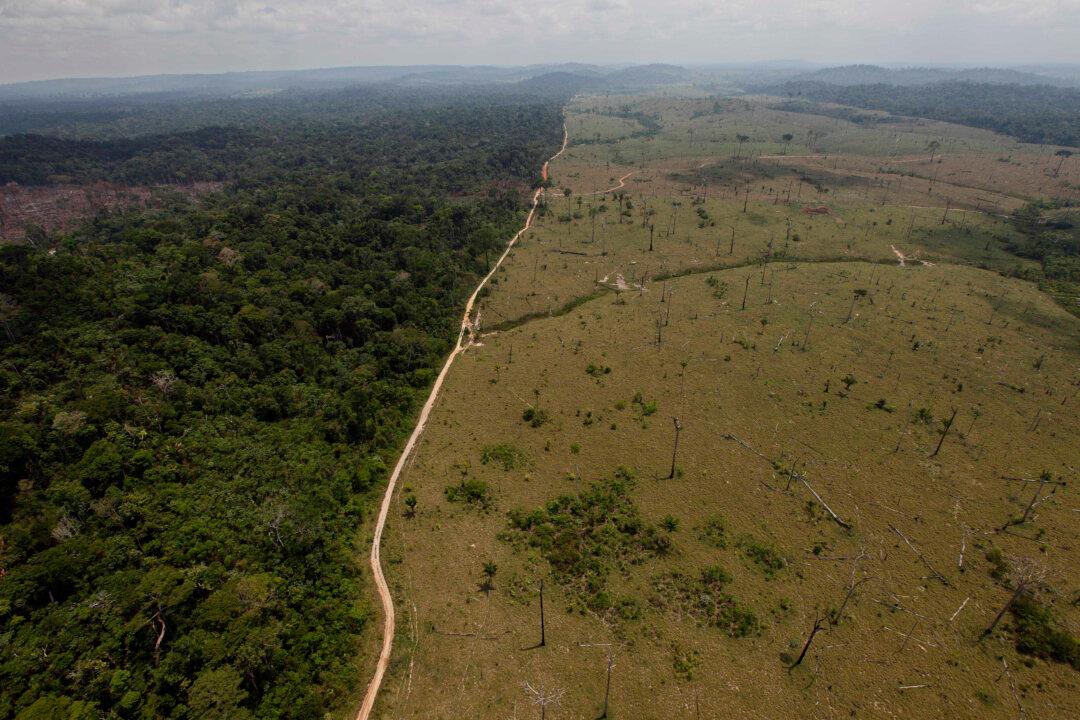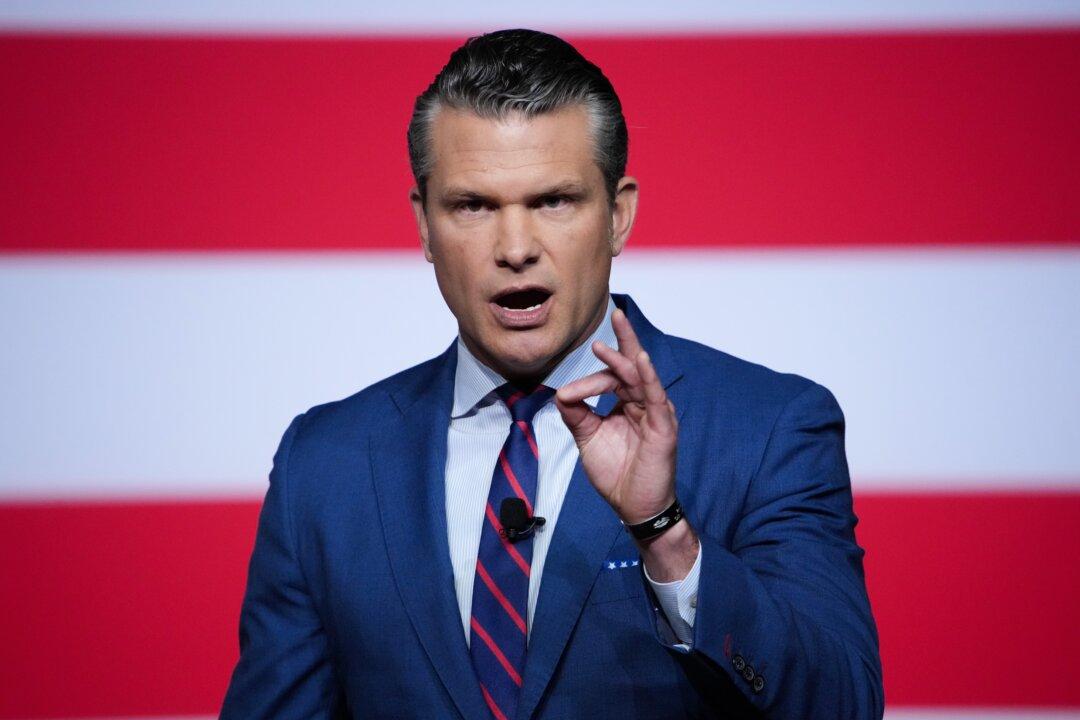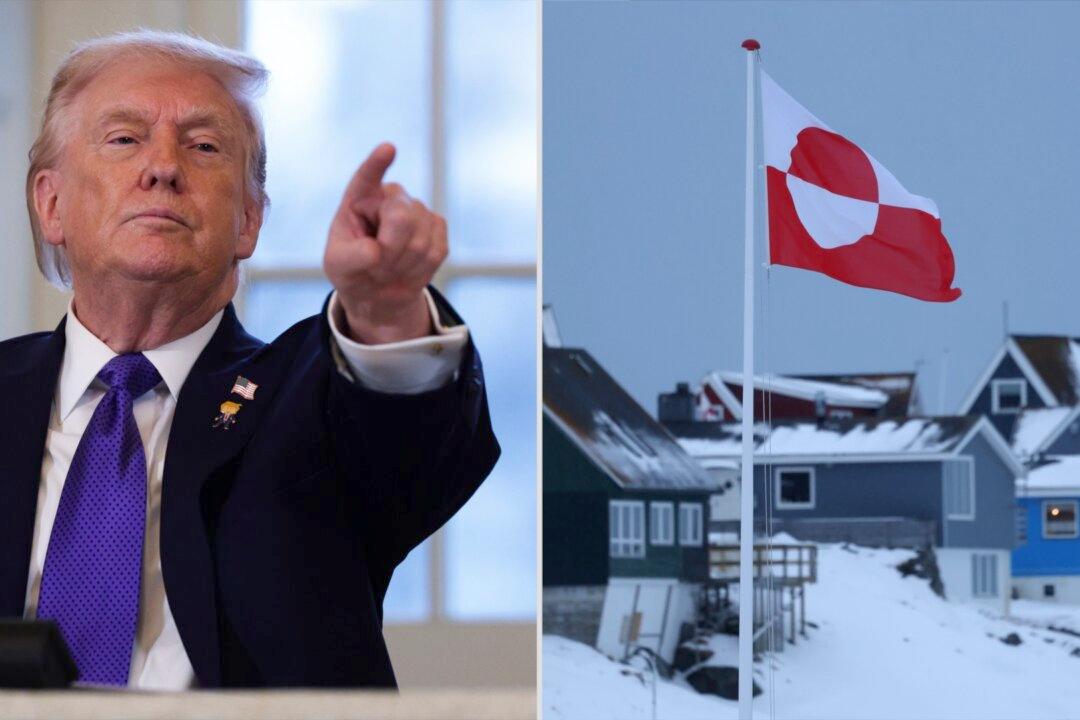NEW YORK—Ensuring deforestation is given a proper place in global climate discussions is an ongoing goal of the drivers behind the New York Declaration of Forests that was formalized at last year’s U.N. Climate Summit.
The Declaration—which codifies the willingness of 180 governments, companies, indigenous community networks and civil society organizations to halve natural forest loss by 2020 and end it by 2030—was a major accomplishment in 2014 and will be on the agenda again at this year’s U.N. Sustainable Development Summit on Sept. 25.
A panel discussion was held on Sept. 23 in preparation for those talks, to review the accomplishments over the last year towards achieving the goal of ending deforestation for commercial agriculture and developing more sustainable practices for the businesses that rely on land. The companies that signed on agreed to reduce the environmental and high carbon impact of several key commercial agricultural products such as palm oil, timber, cattle, and soy.
Deforestation is the second leading contributor to carbon emissions after the burning of fossil fuels, according to the Nature Conservancy, a conservation organization committed to land and water. Forests protect soil from erosion, produce oxygen, store carbon dioxide, and help control climate. When trees are cut down, the carbon dioxide is released into the air.





